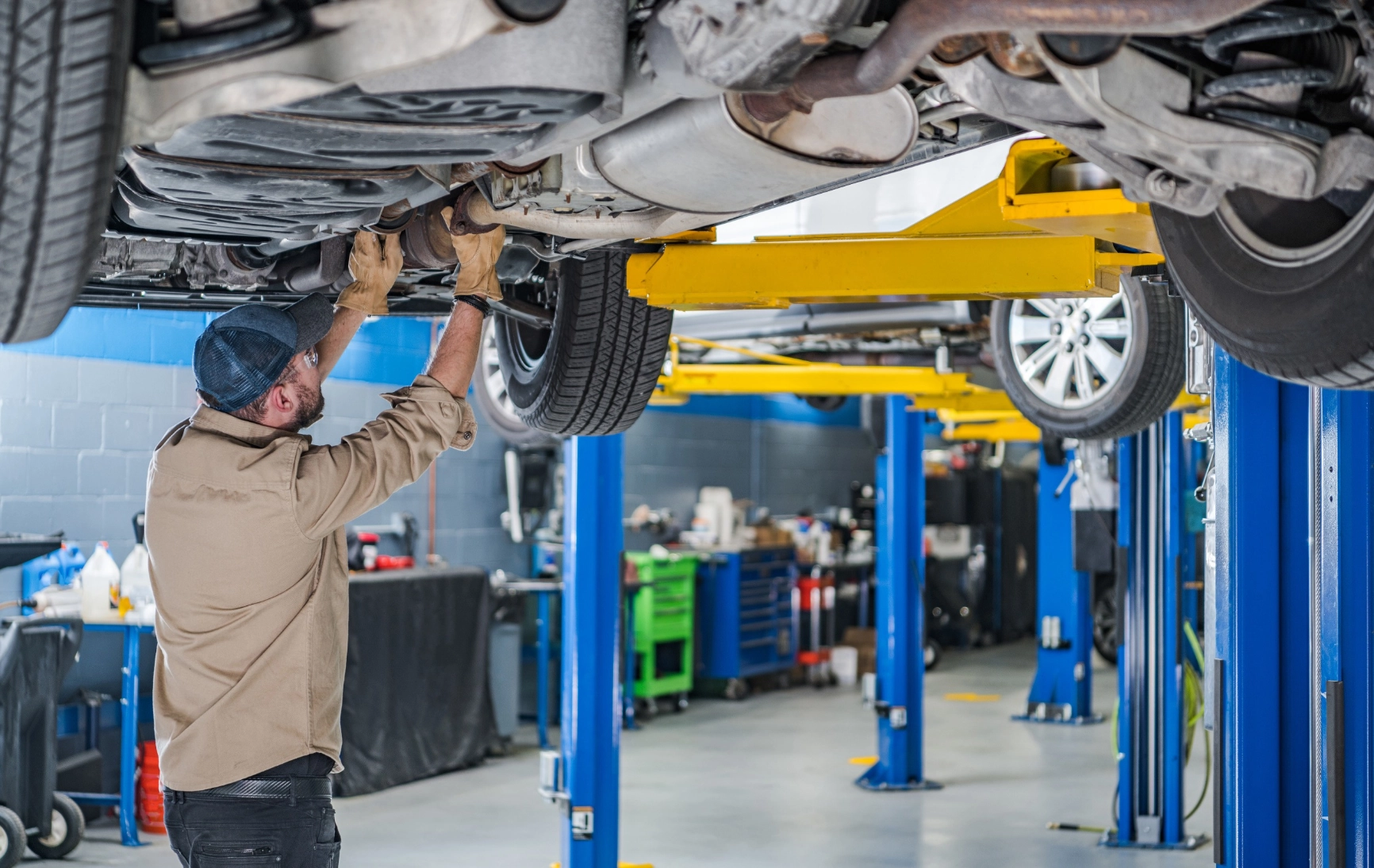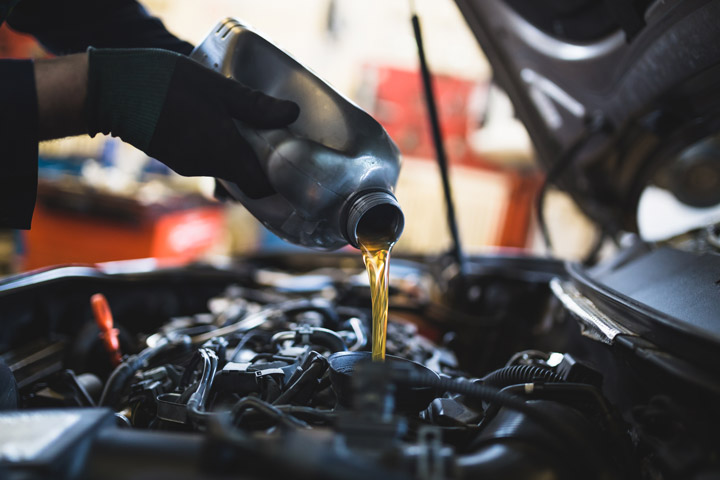All Categories
Featured
Your vehicle's brakes are one of the most essential elements in guaranteeing your safety and the safety of others on the road. Regular brake examinations are essential to keeping optimal braking performance and preventing costly repair services. Whether you're a seasoned auto owner or a brand-new vehicle driver, comprehending brake assessment standards can aid you remain positive regarding maintenance and ensure your vehicle is always roadworthy.
- Why Brake Inspections Matter. The even more you drive, the a lot more friction your brake pads sustain, ultimately leading to minimized stopping performance. Without proper assessment, it's hard to determine when your brakes could be in demand of repair.
A properly maintained brake system ensures fast, responsive stopping power, particularly in emergency situations. It additionally aids extend the life of your automobile, as ignoring brake upkeep can lead to a lot more extreme, costly problems later on.
- Indicators You Need a Brake Assessment. While it's important to have your brakes evaluated regularly, specific indications may show that they require interest. Watch (and ear) out for these warning signals:
Squealing or Grinding Sounds: Unusual noises, particularly a high-pitched squeal or grinding sound, usually suggest that your brake pads are put on down. Resonance or Pulsation: If you feel vibrations or a pulsing experience when pressing the brake pedal, maybe an indication of distorted rotors or unequal brake pad wear. Decreased Brake Responsiveness: If your brakes feel less receptive or you need to press the pedal harder to reduce, it might suggest air in the brake lines or low brake liquid. Drawing away: If your car pulls to one side when stopping, it can indicate unequal brake pad wear or a brake liquid leakage. Control Panel Warning Lights: Some cars and trucks have brake-related warning lights that indicate problems like reduced brake fluid or used brake components. If you see any one of these signs and symptoms, it's important to have an expert mechanic execute a brake evaluation as quickly as feasible.

- What Happens Throughout a Brake Evaluation? Throughout a brake assessment, a mechanic will inspect several key elements of the stopping system to make sure every little thing is in functioning order. Right here's what you can anticipate during the process:
Brake Pads and Shoes: The auto mechanic will inspect the density of the brake pads or shoes. If they're as well slim, they'll require to be changed. Brake Rotors: Blades are the discs that the brake pads press versus to reduce your auto down. They'll be examined for any kind of signs of wear, scoring, or bending. Brake Liquid: Low or contaminated brake fluid can hinder stopping efficiency. The specialist will certainly examine the liquid degree and top quality and leading it up or purge it if needed. Brake Lines and Hoses: Brake lines bring fluid from the master cyndrical tube to the brakes. The auto mechanic will examine for any leaks, cracks, or damage to make certain correct fluid flow. Brake Calipers and Wheel Cyndrical Tubes: Calipers and wheel cylinders push the brake pads against the blades or drums. The specialist will certainly look for wear, leaks, and proper procedure. 4. Just how Usually Should You Have Your Brakes Inspected? The frequency of brake inspections relies on factors like your driving practices, the kind of automobile you drive, and the atmosphere in which you drive. As a basic regulation, it's an excellent concept to have your brakes checked every 12,000 miles or yearly. Nevertheless, if you experience any of the warning indications mentioned earlier, it's crucial to get your brakes inspected quickly.
For those that often drive in hefty web traffic, mountainous surface, or rough weather, more frequent examinations might be necessary.
- Value of Timely Brake Repairs. When you find a problem with your brakes, it's important to resolve it as soon as possible. Delaying brake repair work can result in more significant damage to your braking system, causing higher fixing expenses. In severe cases, neglecting brake problems can cause complete brake failing, which is a severe security risk.
By remaining on top of brake maintenance and resolving concerns without delay, you ensure that your brakes proceed to carry out as meant, keeping you and your passengers secure when traveling.
Verdict: Keep Your Brakes in Top Forming. Brake evaluations are a straightforward yet vital part of automobile maintenance. By comprehending the significance of normal examinations, knowing the indications of brake concerns, and remaining aggressive with repairs, you can guarantee your lorry's stopping system remains in ideal problem.
Latest Posts
Uncover Outstanding Car Repair Care from Montclare Auto Repair – Expert Care for Your Vehicle
Discover Special Auto Repair Specials in Chicago at Montclare Auto Repair
Unlock Your Financial Partner at WyHy – Financial Freedom for Your Success
More
Latest Posts
Uncover Outstanding Car Repair Care from Montclare Auto Repair – Expert Care for Your Vehicle
Discover Special Auto Repair Specials in Chicago at Montclare Auto Repair
Unlock Your Financial Partner at WyHy – Financial Freedom for Your Success
